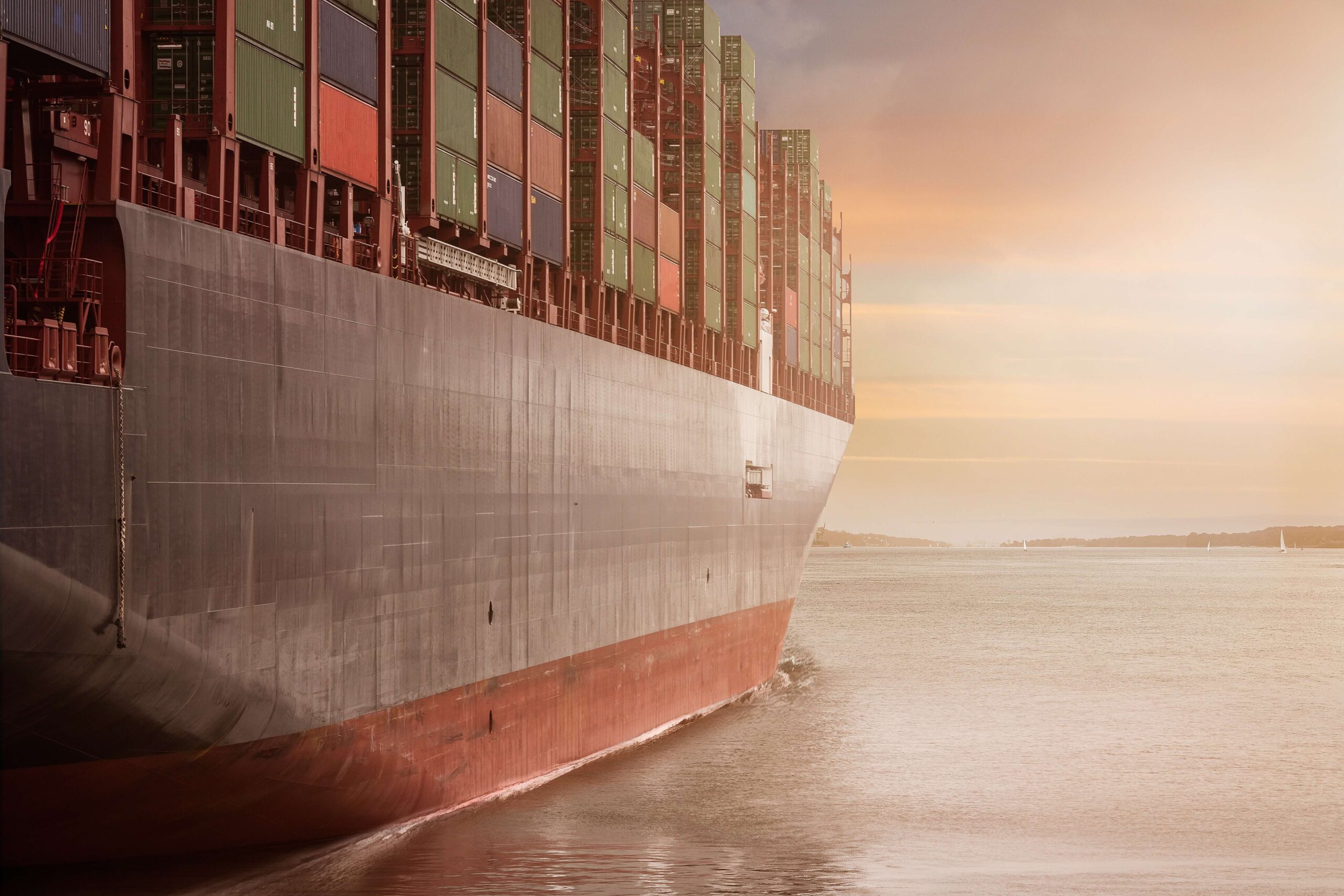- We’ve spent the past 14 months talking about a container shortage.
- The US, however, has too many containers at present.
- This makes importing sugar even trickier for US consumers.
A Container Shortage Surplus…?!
- The world has been short of shipping containers for the past 14 months.
- The US, however, has too many containers right now.
- This is because the US in importing a lot more goods than it’s exporting at present.
- This is especially true around the Port of Long Beach, which handles around $140 billion dollars of cargo each year.
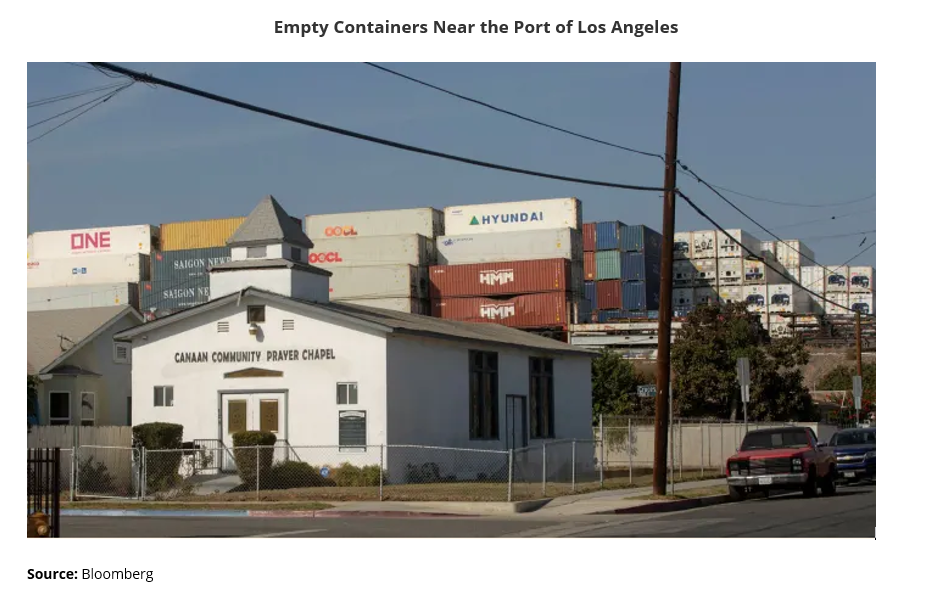
- These containers are taking up room at port terminals, with very few being utilised.
- Drivers are therefore unable to unload their empty containers and load full ones onto their chassis.
- With this, there are more than 70 vessels waiting to enter the port, with some having queued for a month.
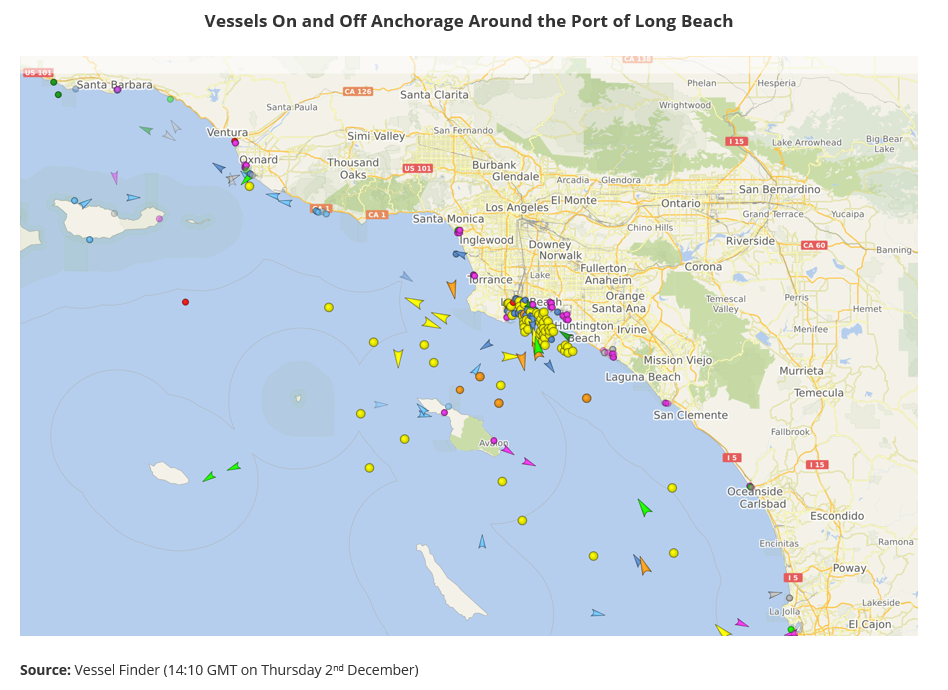
- The Government is subsequently fining containers that don’t clear the port fast enough.
- These fines are issued daily and increase by $100 each day a container hasn’t moved.
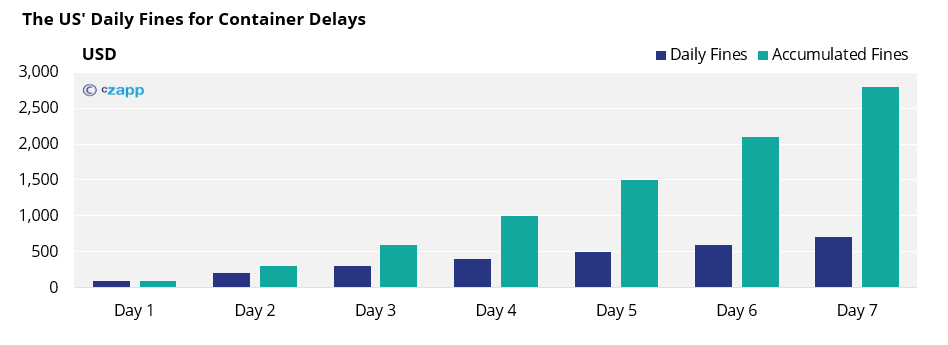
How Will These Fines Impact the Things?
- Those importing sugar will need to consider the risk surrounding port delays and fines.
- After all, import costs are already significantly higher this year, thanks to surging freight rates.
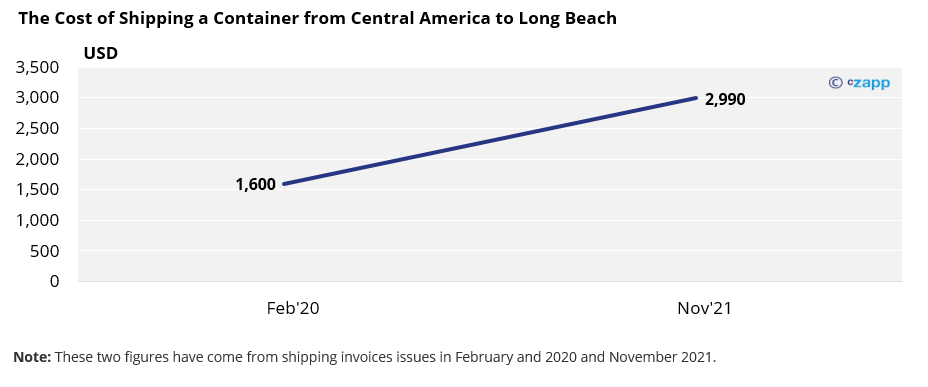
- Domestic sugar has also been expensive ever since COVID hit.
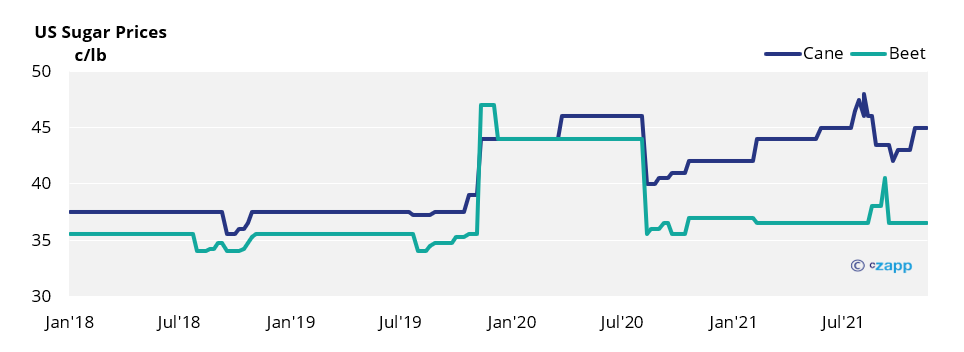
- This should remain the case until container freight cheapens, or the US’ import quota is expanded.
Other Insights That May Be of Interest…
What’s Really Happening in the Container Market?
Explainers That May Be of Interest…
